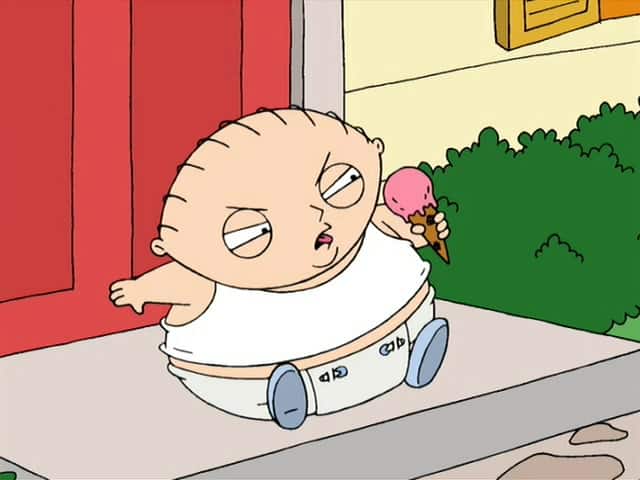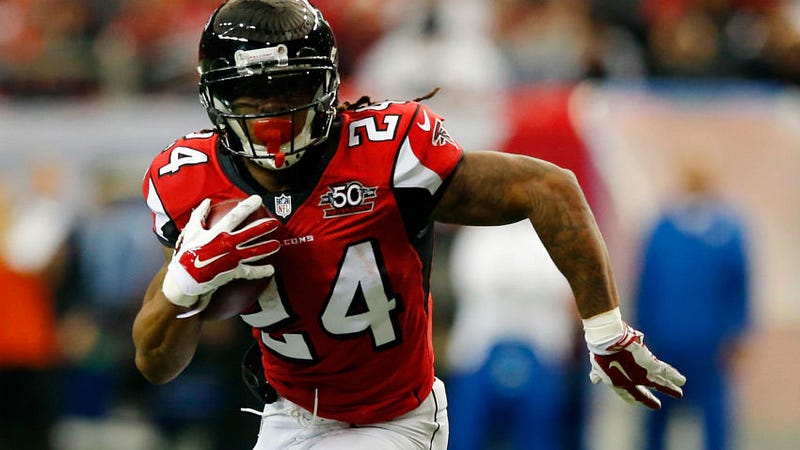
In the United States, childhood obesity rates have tripled since the 1970’s. Obese children are at a higher risk for asthma, diabetes, heart disease, and joint problems. One in five children is now considered to be obese, which means their Body Mass Index (BMI) falls in the 95th percentile of children in the same age and sex bracket. BMI takes height and weight into consideration in determining if an individual is at a healthy weight. For adults, this measure is a bit outdated. A shorter individual who carries a lot of muscle mass would automatically have a high BMI. Take someone like Falcons Running Back Devonta Freeman, who is 5’9” 209lbs. According to BMI charts, he would be considered obese. Of course he isn’t, he is a professional athlete who performs at the highest level.

As you can see BMI has its drawbacks as a measuring tool for adults, but is actually quite accurate for children. Children do not possess the ability to pack on muscle like adults, so the short stocky athlete caveat doesn’t apply to them. We can all agree that childhood obesity is a major issue and not a statistical error. Just look around you, obese children are everywhere. The “eye test” tells the story every time you walk into a supermarket, restaurant, or movie theater. We’ve identified this as a major problem, but what is the cause?
For some reason, we try to narrow down the cause of every health problem to one specific thing. It’s sugar. No, it’s saturated fats. No, it’s gluten. No, it’s refined carbohydrates. It’s silly to have this black and white conversation. How many things in life are truly black and white, good or bad, right or wrong? Almost nothing. Society has this fascination with drawing a line in the sand and making people pick a side. Nothing works like that. Every problem, every controversial topic has different perspectives and solutions that make logical sense. Taking a hard stance and turning a blind eye to every opposing viewpoint gets us nowhere.
The cause of childhood obesity comes from a multitude of factors. Calorie dense foods, convenient fast food options, lack of exercise, sedentary lifestyles and the popularization of gaming and technology, poor influences from parents, lack of nutritional knowledge; all these things play a role. It’s easy to have a tough conversation with an adult and say “you need to get your shit together”, but kids are different. Children are impressionable, so we have to broach the issue carefully.
Listen, I’m not a participation trophy guy. Fuck that. I don’t think children should be coddled and led to believe life will always be beautiful. But we can’t get too strict and regimented with diet and exercise. The potential for body image issues is always there, especially in this new era of social media and broadcasting “your best life” for the world to see. Plenty of adults have body image issues, think about how easily a child or teen could develop them. Trading obesity for yo-yo dieting and binge eating disorder is hardly a good swap. The vicious cycle of crash diet/look in mirror/go on instagram/see fitness model/I’m not good enough/eat junk/repeat is a real thing.
My parents never had me under any dietary restriction as a child/teen. I could eat snacks from the cabinet, we had pizza on Fridays, we ordered Chinese on weekends, stuff like that. But I always played sports as a kid. The only time I was overweight was for a brief period around 11 or 12 years old. I never thought much of it until I saw a picture of myself at the beach. I was lying on a chair and had a gut! It was shocking really. I took it upon myself to lift some weights and later joined the track team. I “sort of” watched my diet but nothing crazy. The weight came off rather quickly and I was back to my old self again.
The Solution?
I tell you this story not to give an insight on my incredibly exciting childhood, but to convey the idea that I took it upon myself to drop some pounds. No one pushed me into it. This is the type of balance that we have to consider when tackling the issue of childhood obesity. I took it upon myself to get in shape, but can we trust every child to do that? Obviously not, since the obesity epidemic is not improving. Should we force children to diet and exercise? It could work, but will likely lead to backlash from the child and problems in the long term. Similar to what we discussed before, what is the middle ground in this freedom-to-strict continuum?
I’ve said this on many occasions, and I may die alone on this hill, but I truly believe exercise is more important than diet. Obviously they’re both important, but exercise is the game changer. It alters so many things related to health, right down to DNA and gene expression. Plus, it’s fun. Dieting sucks. It will always suck. The problem people run into is the belief that exercise has to be this illustration of hill sprints or long distance runs or heavy squats. Exercise should be what you want it to be. Do you like to dance? Do that. Do you like basketball? Play pick up or join a rec league. Not sure what you like? Try jiu jitsu, ride your bike, play soccer, hire a trainer (wink), do something!
Whether you’re an overweight kid or adult, the key to success in weight loss is compliance. Whatever you do, you have to stick to it, so you might as well do something you like. No one is saying it will be easy, at the end of the day you have to get up and move. You still have to push yourself past your comfort zone at times. But it shouldn’t be this grueling task that takes every bit of willpower you possess to go out and do it every day.
If you have kids, what kind of example are you setting? Your words will hold no merit if you are obese and set a bad precedent. Your kids see you every day. They see your actions and behaviors. You’re the role model. Are you doing the right things?
